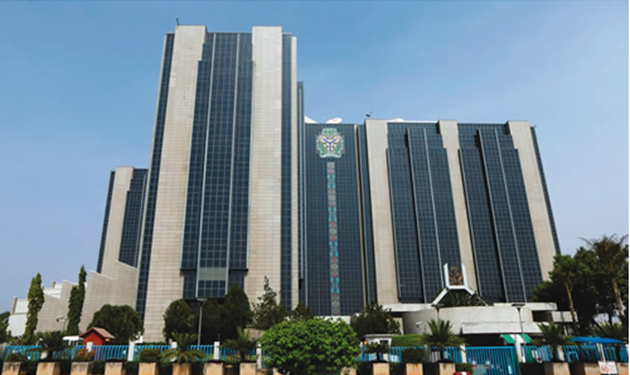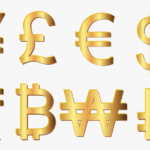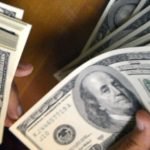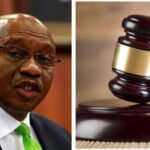The Central Bank of Nigeria (CBN) has stated that it has no plans to convert domiciliary account holdings into Naira.
The apex bank in a statement on Saturday refuted claims published by a national newspaper alleging that the Federal Government is considering converting US$30bn domiciliary deposits to Naira.
Also read; Boards of Zenith Bank and Access Holdings approve final dividends and 2023 financial reports
Punch reported earlier in the day that “there are strong indications that the Federal Government is mulling a policy that will result in the conversion of foreign currencies in domiciliary accounts of citizens to naira to stabilise the national currency”.
In its statement, CBN said that the allegation is “absolutely false and aims to trigger panic in the foreign exchange market,” which it is working assiduously to stablize, as evidenced by its recent work and policy directions.
CBN went further to reiterate that similar r false narratives have been spread on the work of the CBN over the past few months
and it is clear that vested interests are determined to sabotage our efforts.
It reassured e the general public that CBN is working to build confidence and would never do anything to undermine the currency and the economy.
The CBN urged all stakeholders to disregard stories aimed at causing panic in the system and see them clearly for what they are – acts of national sabotage.
Citing top Presidency sources, Punch reported that the FG’s plan to convert the foreign currencies is meant to stabilise the naira.
The national daily went further to report that if it goes ahead with the plan, the government will order the conversion of foreign currencies sitting idly in individuals’ and corporate organisations’ domiciliary accounts to naira at a rate to be determined by the Central Bank of Nigeria.
The source according to a Punch report cited by Investogist said, “The problem of dollar scarcity is an elite problem. You will notice that this happens at the end and the beginning of a new month. That is when the exchange rate goes up. Invariably, that is when governors collect FAAC (Federal Account Allocation Committee) allocations. Whatever the connection, we don’t know.
“There is no country in the world where people open domiciliary accounts to keep dollars. It happens only in Nigeria. This must be addressed. This is not only a political issue, but it is also an economic issue that must be addressed. Genuine demands driven by economic activities can’t bring this huge pressure. By June, dollar demands are supposed to have gone down when Dangote Refinery must have started.
“Nobody should keep a domiciliary account if they do not have legitimate foreign currency earnings like salary or getting foreign exchange revenue, either as an individual or as a company. Even if you have foreign exchange inflow as a result of your work, immediately after the money lands in your account, the banks should automatically change it to the local currency and your local currency account will be credited with the equivalent value.
“In Nigeria today, there are over $30bn in domiciliary accounts of individuals. It is in the CBN account. The records are there. It is not right. These are issues we will have to deal with. In other countries, dollars are not meant to stay in peoples’ accounts.”
Nnamdi Maduakor is a Writer, Investor and Entrepreneur






















































